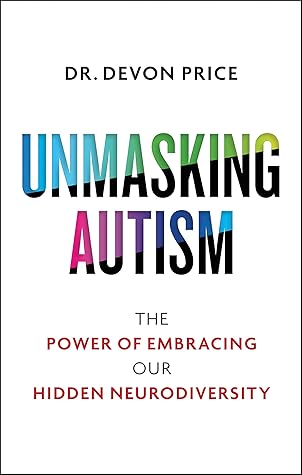Neurotypical brains engage in sensory adaptation and habituation: the longer they are in the presence of a sound, smell, texture, or visual cue, the more their brain learns to ignore it, and allow it to fade into the background. Their neurons become less likely to be activated by a cue the longer they are around it. The exact opposite is true for Autistic people: the longer we are around a stimulus, the more it bothers us.2 As I’ve already mentioned, our neurons are also “hyperexcitable,” meaning our senses get set off more easily by small input that neurotypicals don’t even notice, such as a
...more
Welcome back. Just a moment while we sign you in to your Goodreads account.


